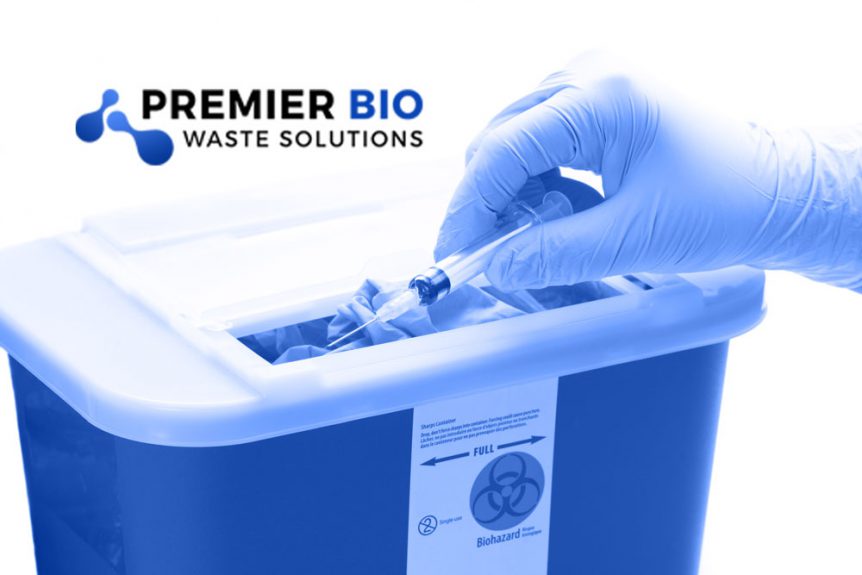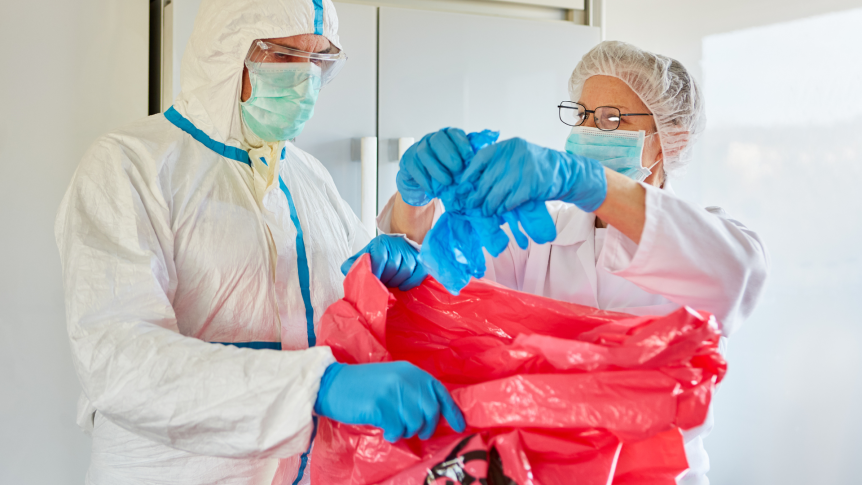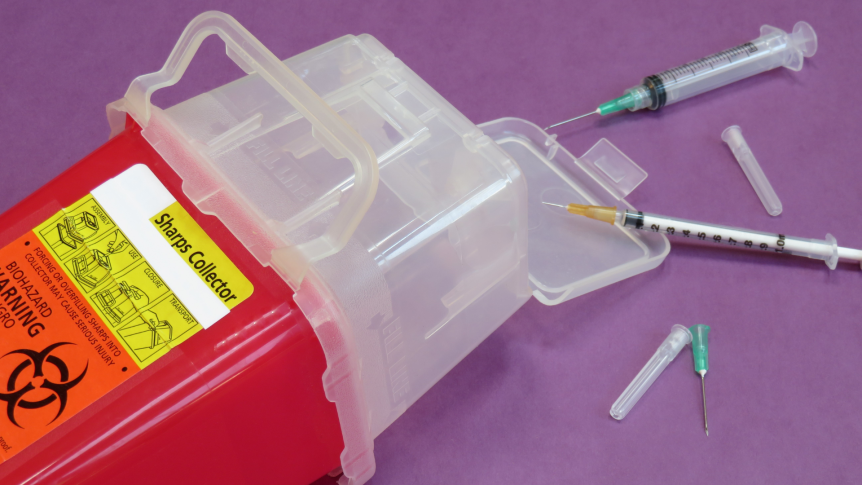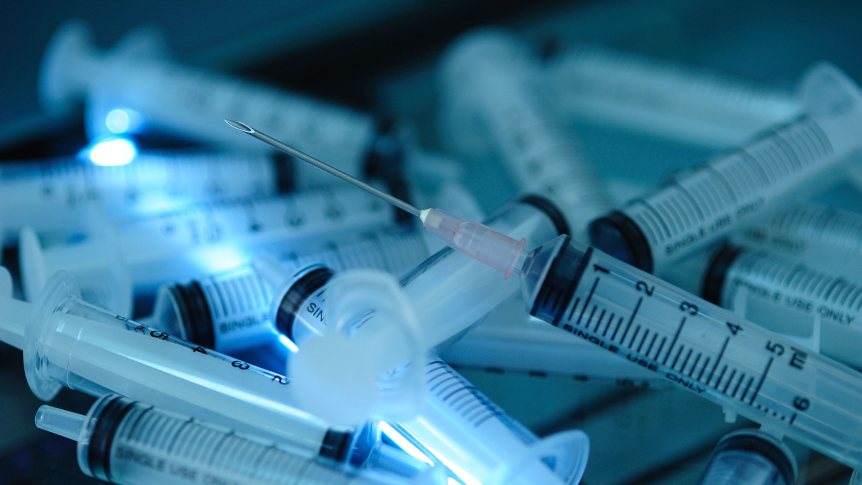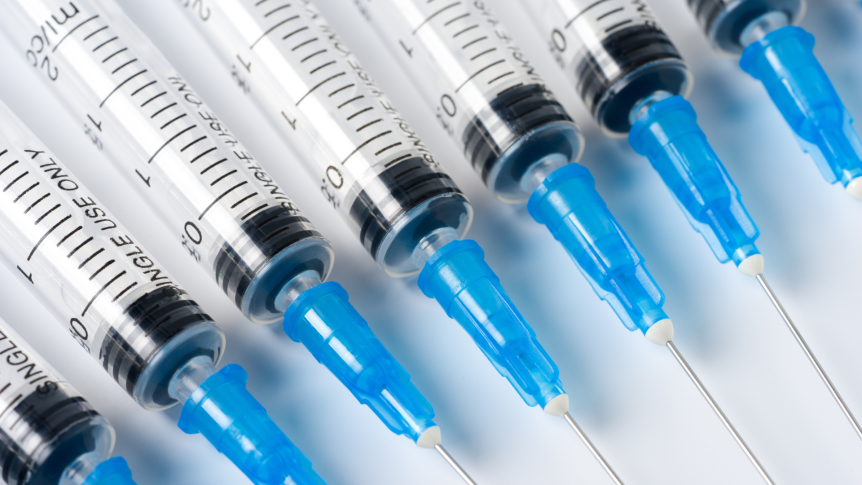In our quest for a safer and healthier environment, it is crucial to address the proper management of medical waste. Premier Bio Waste Solutions invites you to embark on a journey of knowledge as we delve into the diverse aspects of medical waste. Understanding the different categories, their characteristics, handling requirements, and the significance of responsible management can help ensure …
Medical Waste Removal: What You Need to Know
Medical waste is any material that is generated in the diagnosis, treatment or immunization of humans or animals. This type of waste is regulated by law and requires special handling and disposal to prevent harm to public health and the environment. Medical waste can be generated by hospitals, clinics, laboratories, dental offices, veterinary facilities, and even households. In this article, …
Sharps Disposal Containers in Healthcare Facilities
Provided by: U.S. Food and Drug Administration Sharps disposal containers are made from rigid puncture-resistant plastic or metal with leak-resistant sides and bottom, and a tight-fitting, puncture-resistant lid with an opening to accommodate depositing a sharp but not large enough for a hand to enter. “Sharps” refers to objects with sharp points or edges that can puncture or cut skin, …
Needle Stick Injury: What To Do
Provided By: WebMD Needle stick injuries are a reality for people who regularly use needles, like nurses and lab workers. It also can happen if you handle trash, even if it’s not medical waste. According to the CDC, some 385,000 healthcare workers accidentally stick themselves with needles every year. Your chances of catching a disease from a single needle stick …
How to Dispose of Needles: Safe Practices for Discarding Used and Unused Sharps
Provided By: GoodRX Throwing away syringes, needles, and lancets — commonly called “sharps” — is important to prevent injury. Properly disposing of them can also help you avoid infections from used needles, including hepatitis B (HBV), hepatitis C (HCV), and HIV. Here, we’ll cover some basic facts about how to get rid of sharps — including syringe needle disposal, the …
